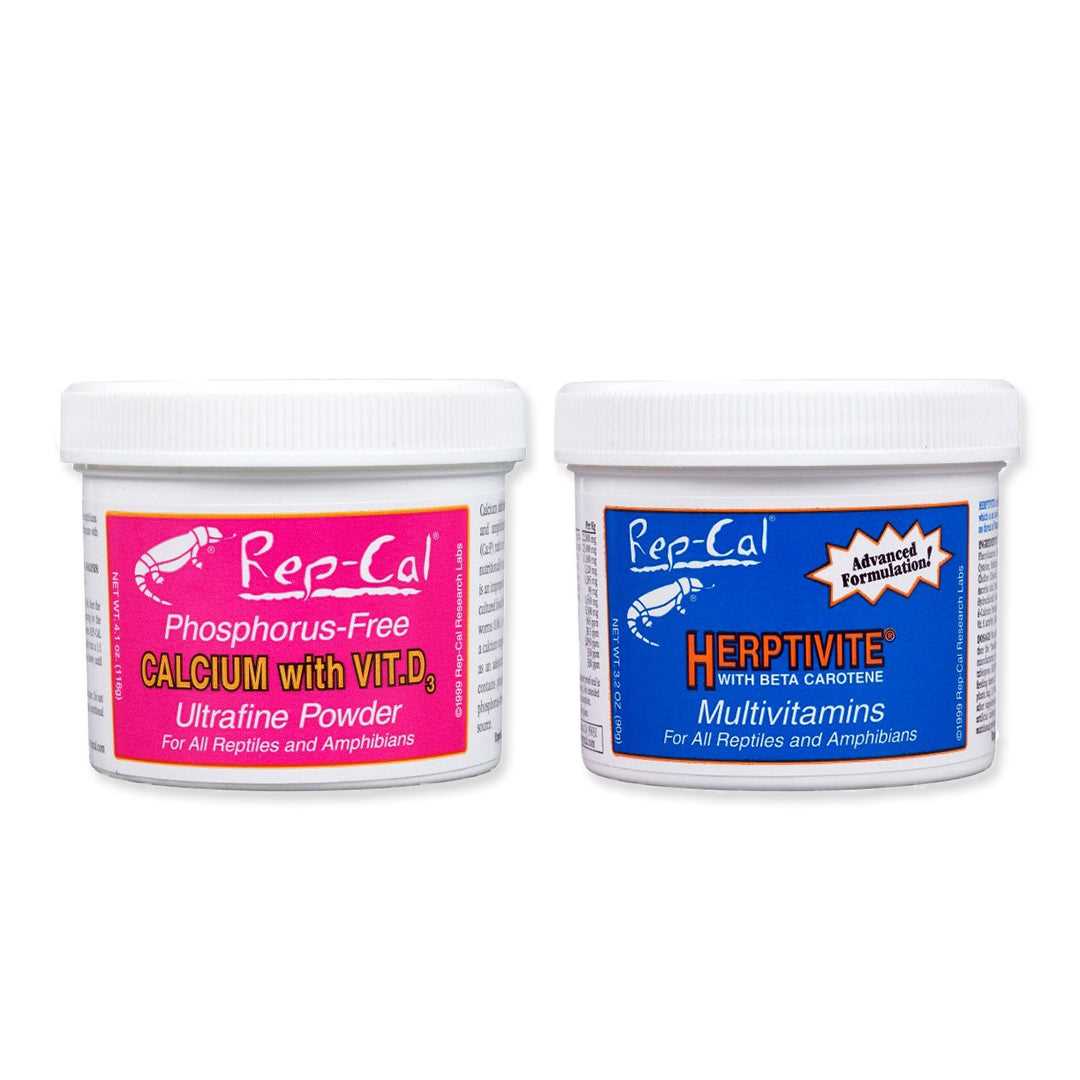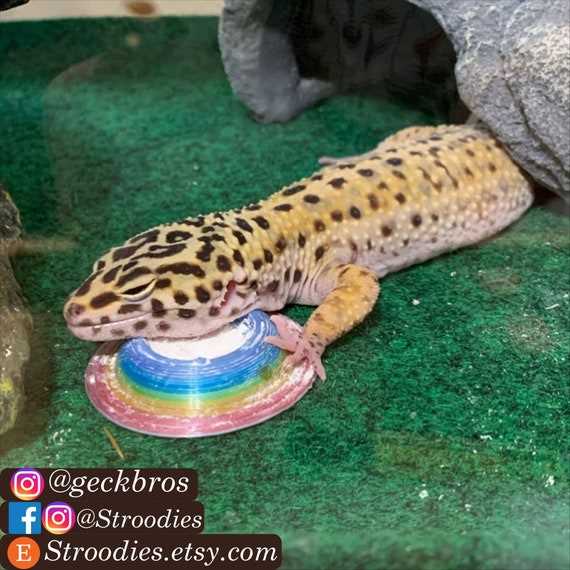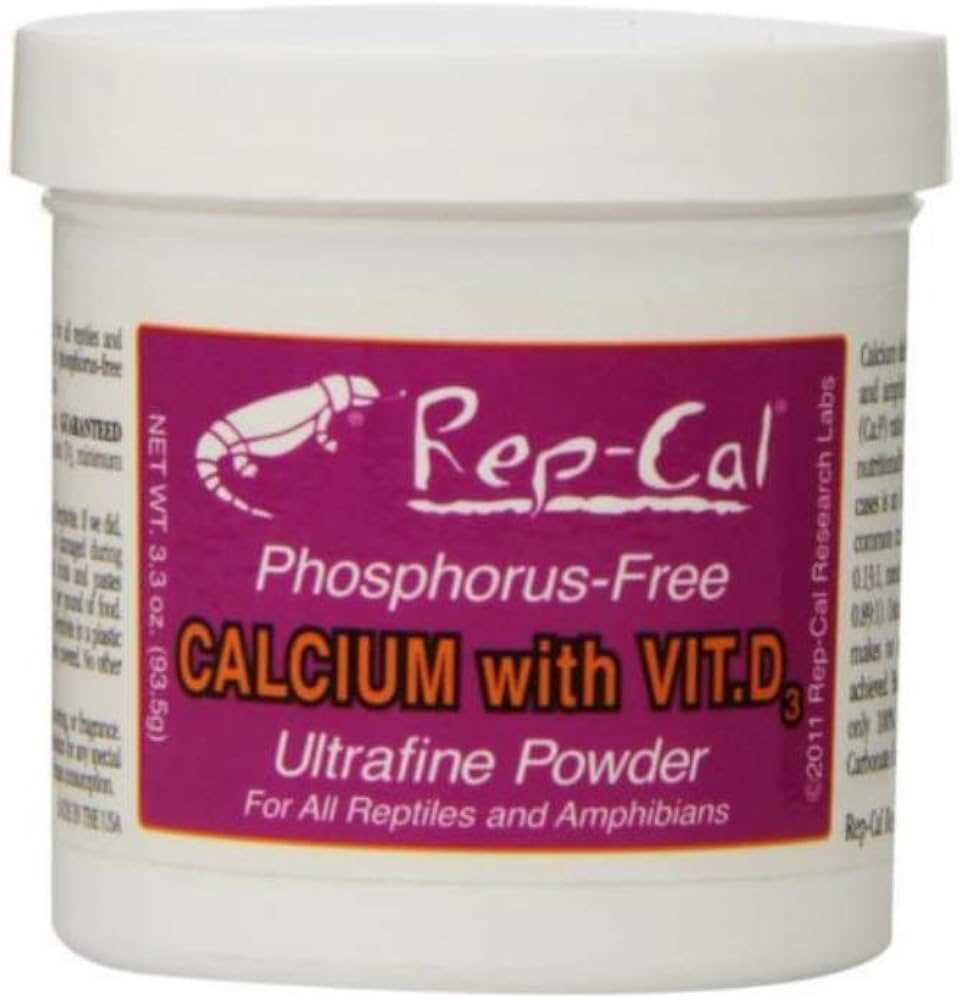
One of the most important aspects of a leopard gecko’s diet is ensuring they receive the necessary vitamins. These vitamins help to support their immune system, improve digestion, and promote overall well-being. Without proper vitamin supplementation, geckos may suffer from various health issues.
Some of the essential vitamins for leopard geckos include vitamin D3, calcium, and vitamin A. Vitamin D3 is vital for calcium absorption, which is necessary for strong bones and overall growth in geckos. Calcium deficiency can lead to metabolic bone disease, a condition that can be fatal for your gecko.
Importance of Essential Vitamins for Leopard Gecko Health
Vitamins are crucial for the optimal health and well-being of leopard geckos. These reptiles require a balanced diet that includes the essential vitamins their bodies need to function properly. Inadequate vitamin intake can lead to various health issues and deficiencies in leopard geckos, affecting their growth, development, and overall vitality.
The Role of Vitamins in Leopard Gecko Nutrition
Vitamins play a vital role in leopard gecko nutrition. They are necessary for the metabolism of nutrients and the proper functioning of various bodily processes. Vitamins are involved in the synthesis of enzymes, hormones, and other essential substances that are essential for the gecko’s overall health.
- Vitamin A: Vitamin A is important for leopard gecko vision, growth, and reproduction. It also contributes to the health of their skin and mucous membranes. A deficiency in vitamin A can lead to issues with vision, poor growth, and an increased susceptibility to infections.
- Vitamin D3: Vitamin D3 is crucial for calcium absorption and utilization in leopard geckos. It helps maintain proper bone health and prevents metabolic bone disease, a common condition in reptiles. Leopard geckos rely on exposure to UVB light or vitamin D3 supplements to meet their vitamin D3 requirements.
- Vitamin E: Vitamin E is an antioxidant that protects the cells of leopard geckos from oxidative damage. It supports their immune system and helps maintain overall health.
- Vitamin B Complex: The B vitamins, including B1, B2, B3, B5, B6, and B12, are important for energy metabolism and the functioning of the nervous system. They also play a role in maintaining healthy skin and promoting proper digestion in leopard geckos.
Supplementing Leopard Geckos with Essential Vitamins
While leopard geckos can obtain some vitamins from their diet, it is often necessary to supplement their intake with additional vitamins. Dusting their food with a reptile-specific vitamin and calcium supplement is a common practice among leopard gecko owners. These supplements ensure that the geckos receive adequate amounts of essential vitamins, including vitamin D3 and calcium.
Nutritional Requirements for Leopard Geckos
Vitamins and Minerals
Leopard geckos require a range of vitamins and minerals to support their overall health. Some of the key vitamins include vitamin A, vitamin D3, vitamin E, and vitamin K. These vitamins are essential for proper growth, reproduction, immune function, bone development, and overall vitality. Minerals such as calcium and phosphorus are also important for maintaining strong bones and preventing metabolic bone disease.
Dietary Staples
The foundation of a leopard gecko’s diet should consist of gut-loaded insects. These are insects that have been fed a nutritious diet to enhance their nutritional value. Some suitable options include crickets, mealworms, dubia roaches, and waxworms. These insects should be dusted with calcium powder before being fed to the gecko to ensure they receive an adequate amount of calcium.
Supplements
Water
Proper hydration is also crucial for leopard gecko health. A shallow dish of fresh water should be provided at all times. The water should be changed regularly to ensure cleanliness. Some leopard geckos may also enjoy a quick misting with water to simulate rainfall, but this should be done sparingly.
The Key Vitamins for Optimal Health in Leopard Geckos

1. Vitamin A
Vitamin A is essential for the growth, development, and overall health of leopard geckos. It plays a crucial role in maintaining healthy skin, preventing infections, and supporting proper vision. A deficiency in vitamin A can lead to various health issues, such as respiratory infections and skin problems.
2. Calcium

Calcium is one of the most important minerals for leopard geckos. It is necessary for the development and maintenance of strong bones and teeth. Calcium also helps in muscle function, blood clotting, and nerve transmission. A deficiency in calcium can result in metabolic bone disease, which can cause deformities and fractures in geckos.
3. Vitamin D3
4. Vitamin E
Vitamin E is an antioxidant that helps protect the cells from damage caused by free radicals. It plays a vital role in maintaining a healthy immune system and promoting proper cell function. Vitamin E also helps in the absorption and metabolism of other vitamins and minerals.
5. Vitamin B Complex
The B vitamins, including thiamine (B1), riboflavin (B2), niacin (B3), pantothenic acid (B5), pyridoxine (B6), biotin (B7), folic acid (B9), and cobalamin (B12), are essential for various bodily functions. They play a crucial role in energy metabolism, nerve function, and the production of red blood cells. A deficiency in B vitamins can result in poor growth, neurological issues, and anemia.
Remember, a healthy and well-balanced diet is vital for the overall health and longevity of your leopard gecko. So, make sure to pay attention to their nutritional needs and consult with a reptile veterinarian for any specific dietary recommendations.
Best Sources of Essential Vitamins for Leopard Gecko
Providing proper nutrition is crucial for the health and well-being of your leopard gecko. One essential aspect of their diet is the inclusion of essential vitamins. These vitamins play a vital role in supporting their overall health and ensuring they thrive in captivity.
Vitamin D3 is another important nutrient for leopard geckos. It works in conjunction with calcium to promote proper absorption and utilization of calcium in their bodies. Without enough vitamin D3, leopard geckos may suffer from calcium deficiency, even if they are consuming sufficient amounts of calcium. Natural sunlight is the best source of vitamin D3 for leopard geckos, but supplementation with specialized reptile vitamin D3 supplements is also recommended.
Other essential vitamins for leopard geckos include vitamin A, vitamin E, and vitamin B complex. Vitamin A promotes healthy vision and reproductive functions, while vitamin E acts as an antioxidant, protecting their cells from damage. The B complex vitamins support various metabolic processes in their bodies.
To summarize, providing essential vitamins is crucial for maintaining the health and well-being of your leopard gecko. Calcium, vitamin D3, vitamin A, vitamin E, and vitamin B complex are all important for their overall health. By offering a balanced diet consisting of feeder insects and gut-loaded prey, you can ensure that your leopard gecko receives the necessary vitamins for optimal health.

I’m Lena Adams—a product of an unconventional upbringing in the African wilderness. My father, a daring explorer of African wildlife, sparked my fascination with reptiles, a passion that intertwined with the tragic loss of my mother during an expedition, leaving an indelible mark on my life. Driven to understand the creatures that captivated my parents, I embarked on my journey, sharing insights about reptiles, frogs, and lizards on my website. Through my explorations and conservation efforts, I honour my family’s legacy while seeking connections—to the creatures, nature, and the mother whose presence I yearn to understand.
